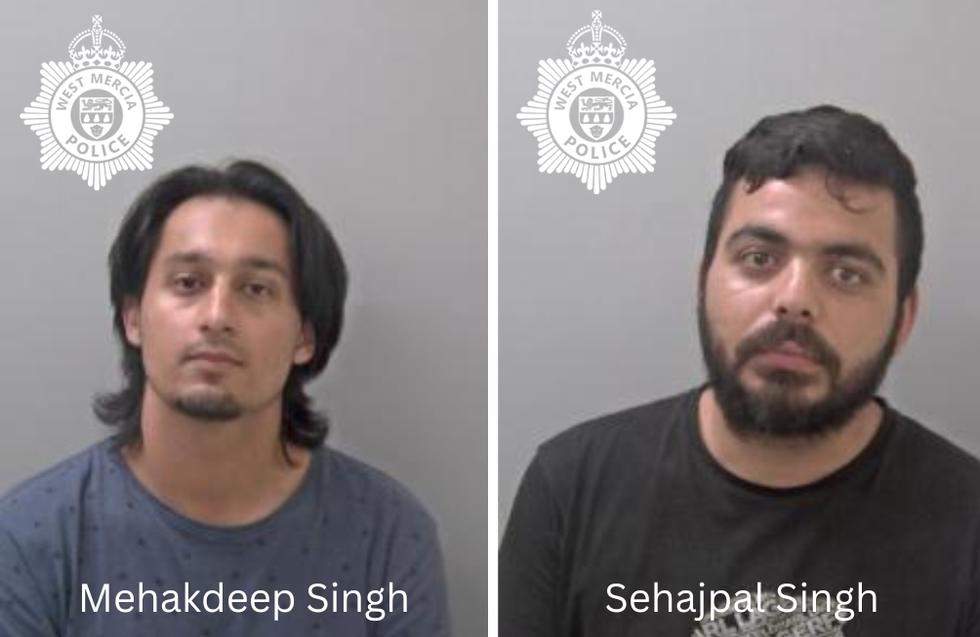by LAUREN CODLING
TWO newly elected Asian politicians have stressed the importance of representation and diversity in public life, as a record number of ethnic minority MPs were sworn into parliament last month.
Labour’s Apsana Begum and Munira Wilson from the Liberal Democrats were voted into the House of Commons last month. The pair help make up the most diverse parliament ever – 65 MPs elected this year hail from a BAME background. It is a record level of ethnic diversity, compared to 52 non-white MPs after the 2017 general election.
Begum said she believes “the more diverse and accountable political representatives are, the better.” “Parliament should accurately reflect and represent the society it serves,” Begum, the representative for Poplar and Limehouse in east London, told Eastern Eye. “It is important that people are able to feel that politics is for everyone.
“Of course, Labour have led the way in increasing more women and BAME representation in parliament. However, there is much more to be done.”
Wilson, MP for Twickenham, shared similar sentiments that diversity in parliament was vital for the UK. “It’s important that Westminster reflects the country and the public feel their voice is represented in Westminster,” the British Pakistani said.
In October, the Home Office reported that the number of hate crimes had more than doubled since 2013. Government figures revealed that the majority of hate crime offences recorded by police forces in England and Wales were racial – 78,991 – an increase of 11 per cent in the past year, while 47 per cent of religious hate crime offences were targeted against Muslims.
Wilson said she believes that a more diverse parliament might be inclined to introduce tougher legislation in relation to hate crime, which may, in turn, help reduce it. “More widely, we all need to foster a more inclusive and open culture,” she added. “I fear, with Brexit, we are going in the wrong direction.”
Asked if increased diversity could help stem the rise in hate crime, British-Bangladeshi Begum said she thought it could. “In my professional life, I have worked as a diversity and inclusion practitioner, developing strategies and delivering training to make the local workforce more reflective of the local community,” Begum explained. “A big part of this is about building understanding between communities and continually learning and listening.”
Records show that the number of women MPs has increased since the 2017 general election. A total of 220 female MPs were elected last month, 12 more than the previous record of 208.
However, recent years have seen a number of female MPs face abuse and threats in real life and on social media. Eighteen female politicians stood down prior to the December general election, with many citing abuse as the motivating factor. Begum admitted that she was “shocked” by the series of racist and misogynistic attacks she had endured while on the campaign trail. The level of trolling, intimidation and smear campaigns had been relentless, she said.
“It is widely known, of course, that BAME women, in particular, continue to face many barriers when getting involved in public life,” the 29-year-old said.
Although Wilson agreed that the level of abuse against lawmakers was “concerning”, she told Eastern Eye she remained adamant that the abuse would not discourage her from doing her job. “I am determined that we should not allow abusers to win by deterring women from entering politics and doing the job they are elected to do,” she said.





 An aerial view of the British Steel Scunthorpe site on September 13, 2024. (Photo: Getty Images)
An aerial view of the British Steel Scunthorpe site on September 13, 2024. (Photo: Getty Images)










 Mehakdeep Singh,Sehajpal Singh
Mehakdeep Singh,Sehajpal Singh


 FILE PHOTO: A general view shows British Steel's Scunthorpe plant, in Scunthorpe, northern England, Britain, March 31, 2025. REUTERS/Dominic Lipinski
FILE PHOTO: A general view shows British Steel's Scunthorpe plant, in Scunthorpe, northern England, Britain, March 31, 2025. REUTERS/Dominic Lipinski